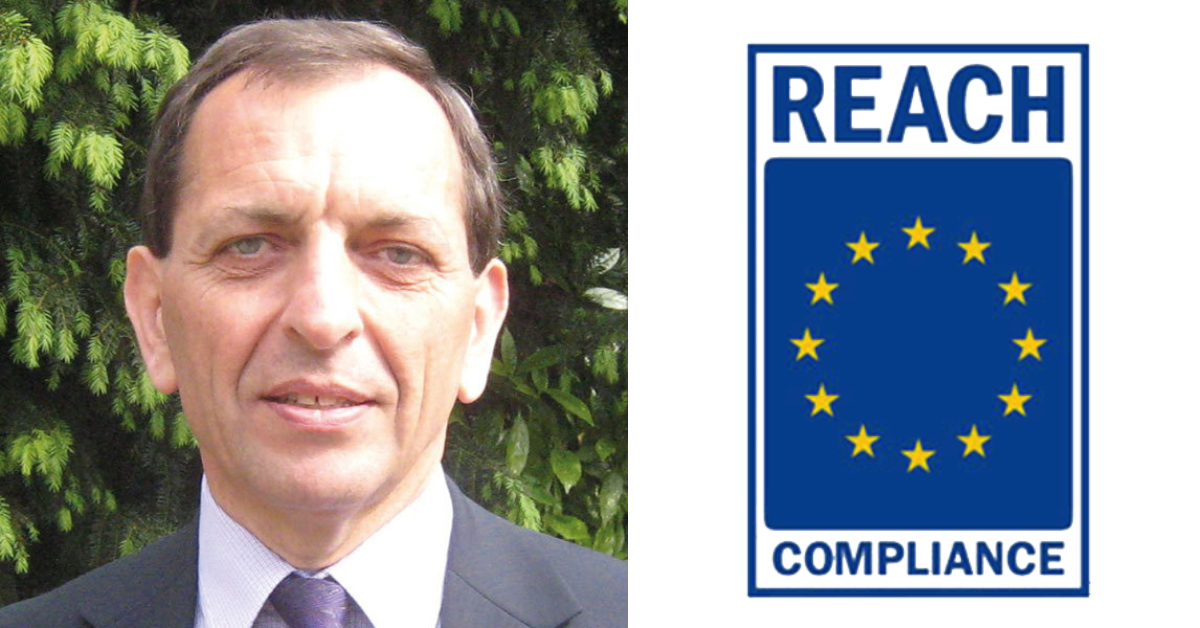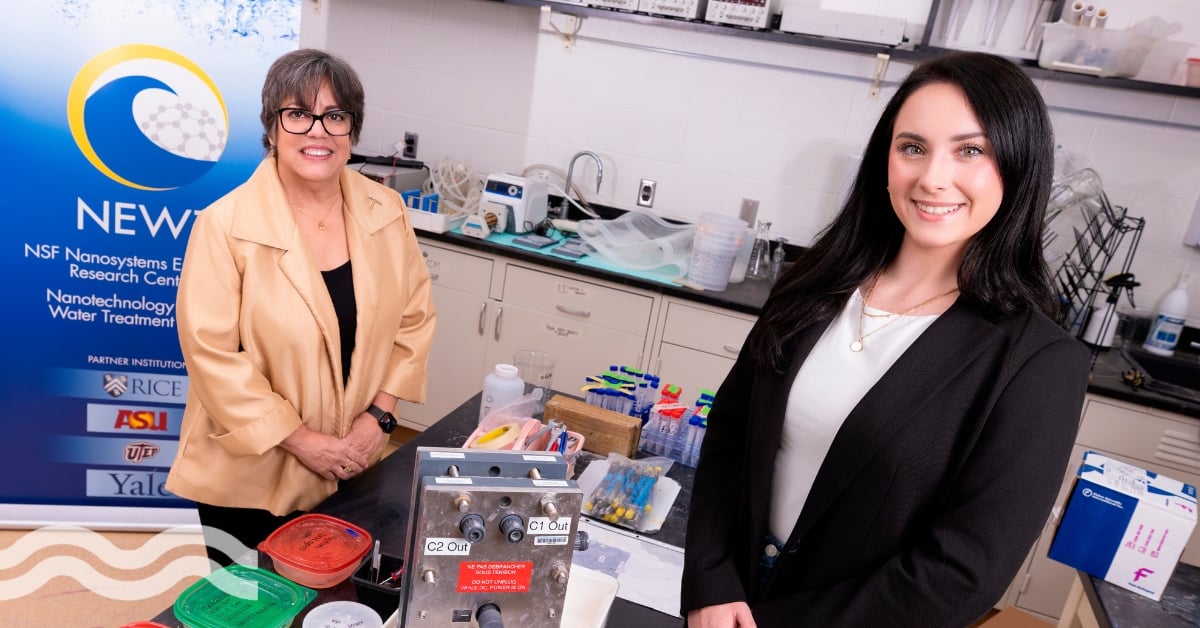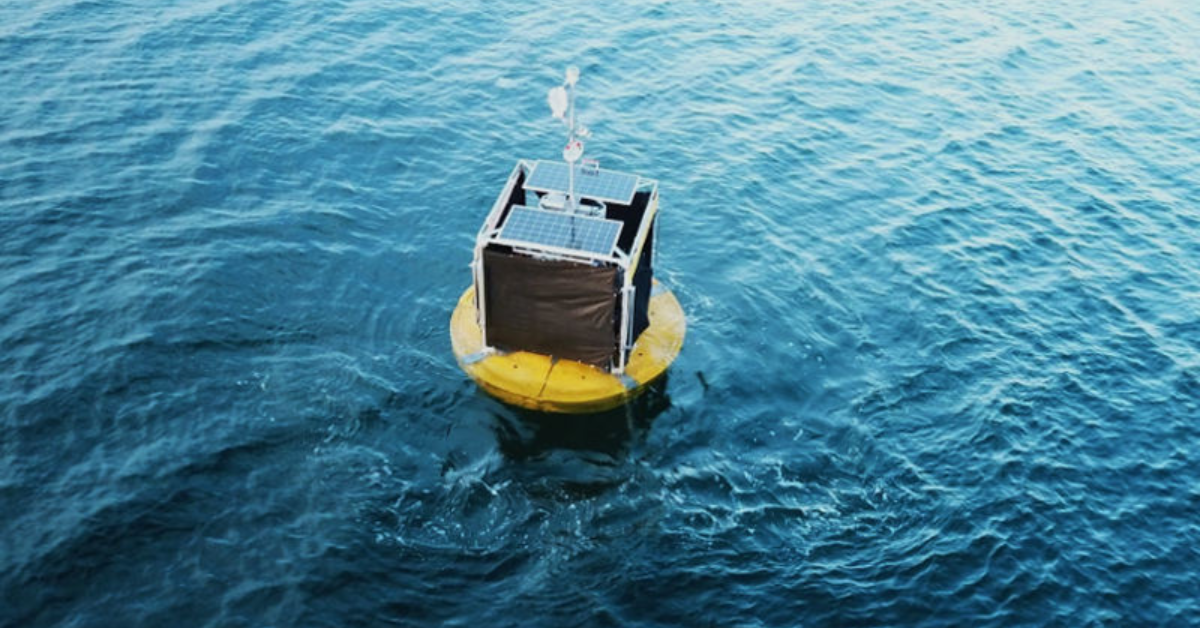Investors back ceramic company’s Series B round
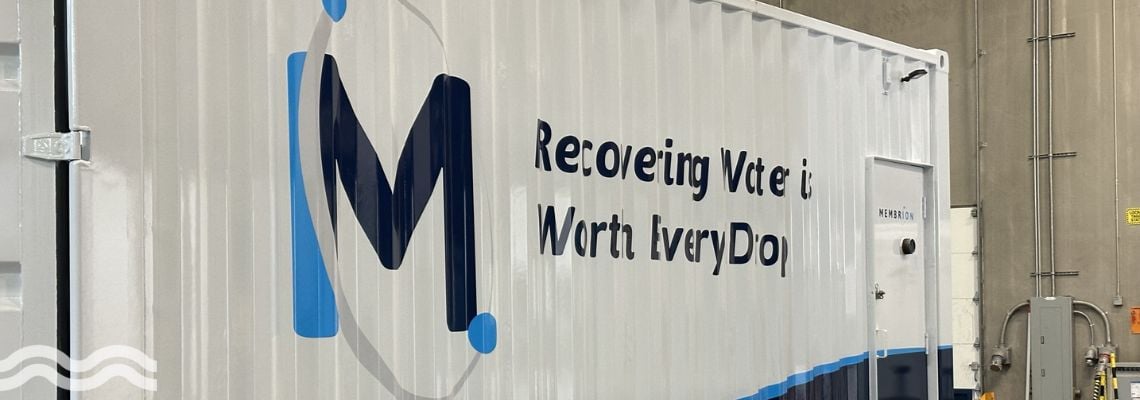
Funding led by new and existing investors
Existing investors PureTerra Ventures, Safar Partners, Lam Research, Indico Ventures, and Giantleap Capital were joined by Pangaea Ventures, Ecolab Inc., W. L. Gore & Associates, and the Lewis Family Office, as well as others.
Greg Newbloom, Membrion CEO, told Aquatech Online that the drive behind the latest funding round was to ensure the company can respond to growing customer demand. “We’re in the process of deploying our third full commercial installation and have significant demand for our electro-ceramic desalination (ECD) process across multiple industries. This financing ensures we have the runway to continue deploying ECD to solve complex wastewater challenges.”
In a company statement, Newbloom added: “I’m thrilled to welcome a group of new investors who share our conviction that water circularity and resource reclamation are essential to building a better world. Their commitment accelerates our momentum as we continue to deploy more full-scale industrial installations that are already saving customers hundreds of thousands of dollars annually.”
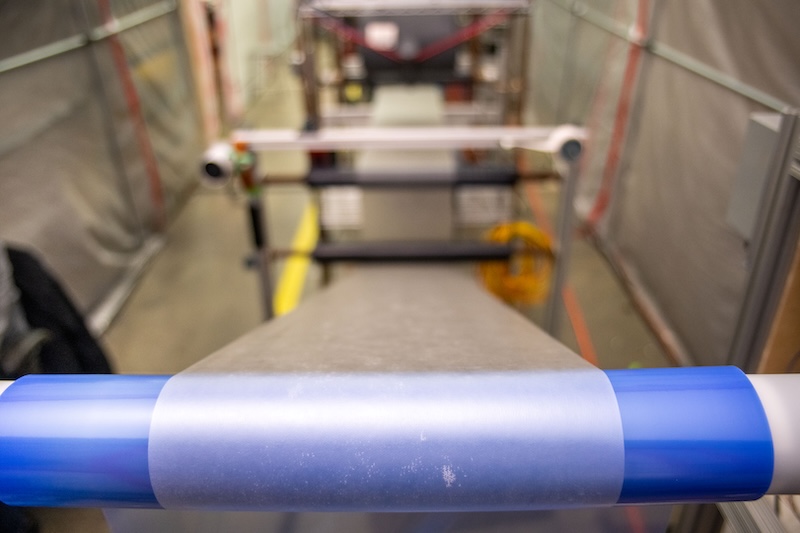
Why did the investors choose Membrion?
Sarah Applebaum, a partner at Pangaea Ventures, explained why the investment company chose to take part in Membrion’s latest funding round: “Pangaea has closely followed Membrion’s progress for several years. The company is at an exciting commercial inflection point, as the market is waking up to the value that technologies like Membrion can bring to industrial customers, not just in cost savings, but in meaningful operational gains.”
She added: “With each deployment, Membrion reduces water consumption, chemical waste, and energy use while delivering tangible ROI for their customers.”
PureTerra Ventures took part in the previous Series B funding round. Explaining the company’s decision to return for a second round, managing director Nic Pannekeet said: “We at PureTerra Ventures are excited to support Membrion as they build on their technical and commercial progress and attract new partners to continue to accelerate towards a promising future.”
We’re in the process of deploying our third full commercial installation and have significant demand for our electro-ceramic desalination process - Newbloom
Calvin Emanuel, vice president and general manager, Sustainable Growth Solutions at water solutions provider, Ecolab Inc, explained his company’s involvement: “As a global leader in water, we are committed to accelerating a circular approach to industrial water management to capture both business and sustainability benefits.”
He added that Ecolab was attracted to Membrion’s innovation and the potential of their ceramic desalination membranes to recover and reuse water, reduce waste, and protect vital resources for future generations.
Ed Rubin, venture fund leader for W. L. Gore & Associates, said that his company liked Membrion’s mission to deliver transformative water treatment solutions. “Membrion’s ability to efficiently recover wastewater in extreme industrial environments is a natural fit for Gore Ventures. We’re excited to support Membrion in scaling deployments with partners and setting a new standard for resilient, resource-efficient operations.”
Where will the funding be used for?
Support from investors will help the company accelerate its mission to make sustainable wastewater treatment both possible and profitable.
As part of this mission, Newbloom added: “The funding will be used to grow the team and ensure we have a balance sheet that can support our wastewater treatment as a service (WaaS) business model.”
Ceramic membranes have been building market share in recent years and have hit the headlines in Europe as the market waits to see whether PVDF membranes will be banned by the European Union.
Within the next two years, Membrion is looking to increase its membrane deployment by 10 times from its current annual rate of more than 10,000 m2.
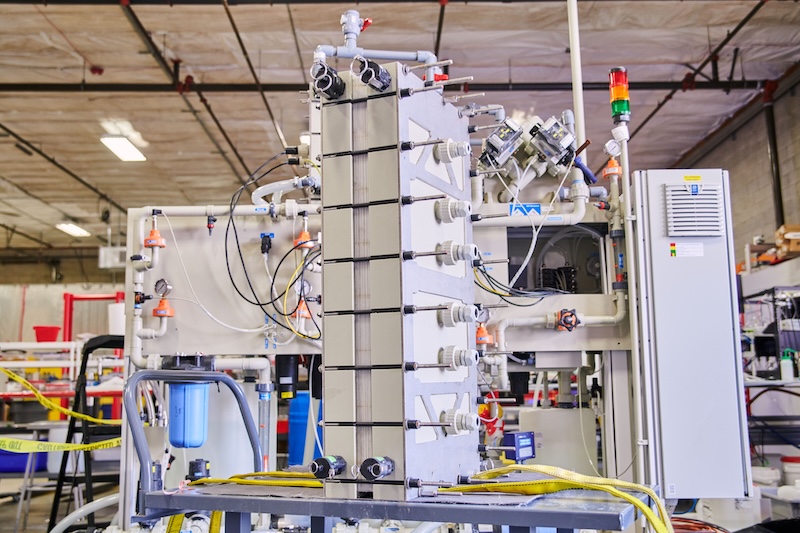
What new products are in the pipeline?
In 2026, the company anticipates launching the next generation of its ceramic desalination membrane in 2026. Newbloom explained more: “The membrane will be 5x times thinner, reduce energy consumption, and enable more compact systems. This new membrane will be retrofittable into existing installations, ensuring that new and existing customers can benefit from our continuous improvement efforts.”
Previous funding success
The Seattle-based company raised €11.5 million during its previous Series B, led by Samsung Venture Investment Corporation and Lam Capital, and quarter one investment, led by PureTerra Ventures, which was joined by GiantLeap Capital, Safar Partners, and Freeflow Ventures.
This investment helped the company to develop and scale its electro-ceramic desalination membranes that are designed to create circularity of valuable resources from challenging wastewater, including harsh metal-laden wastewater in the semiconductor industry. The company states that up to 98 per cent of industrial wastewater can be reclaimed and reused by customers.
Membrion has built its success on a series of successful pilot projects and now has multiple commercial installations that the company estimates will save each customer hundreds of thousands of dollars per year.


